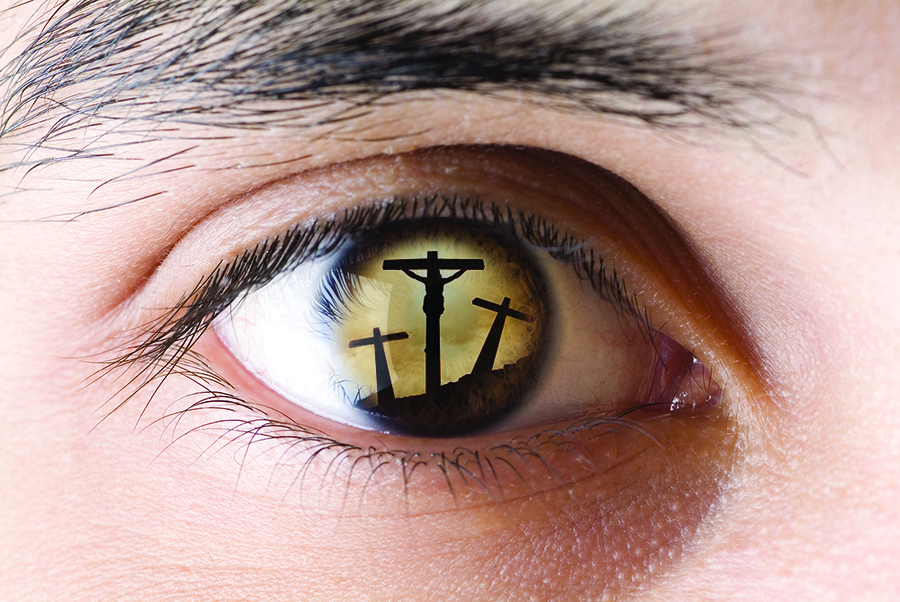
Mar 20, 2018
By Katrina Goodrich
Recently I had the difficult job of diffusing a situation involving a parent/child disagreement that was spiraling out of control. The child was angry with his parent for a very insignificant reason. It had boiled into an out-of- control fight on the part of the child over something that was, in reality, extremely ridiculous to be fighting over. An hour later that same child was still upset and adamant that his mom didn’t love him.
Life isn’t fair. Irrational anger and unfounded feelings of persecution tend to go hand in hand with being human, just as justified anger and real persecution do. Knowing the difference between justified and unjustified isn’t easy. The ability to differentiate between the two is important. However, I believe of greater importance is how we react to unfairness.
Just as it is so easy for children to blame their parents for being unfair or heavy-handed, or ruining lives for the sheer intent of malice, it is just as easy for humans to blame our Heavenly father when life isn’t going the way we planned. Children have the distinct lack of frontal cortex development to explain their inability to understand that their parents love them enough to enforce unpopular rules, decisions, and, yes, even punishment/ consequences. It is our responsibility as adults to treat children as though they are children, providing them with boundaries and consequences to keep them safe and to nurture them.
In the same way, God has provided for us, as His children, boundaries and consequences to keep us safe and encourage our growth. And just like children, we rebel and blame our Father for the unfairness inherent in life, denying His love. Becoming a Christian doesn’t mean that life starts being fair or that problems work themselves out naturally in our favor because we prayed for it. God isn’t an earthly shield and sometimes bad things will happen. It’s up to us to try and respond in an adult way rather than as a child.
When a child gets upset at his circumstances, phrases such as they don’t care about me, you aren’t being fair, you don’t love me, and you’re mean come out. When life isn’t fair as adults, we say the same thing about God. When the “blessings” aren’t flowing, we often translate that into a punishment or consequence from God—or other people are happy to make those implications for us. I can’t answer the questions that come with why bad things happen to good people because I don’t know. What I’m beginning to have an inkling of is maybe, like children don’t understand why their parents/adults let some things happen and set rules that aren’t fair, we can’t comprehend what is in the mind of God.
Perhaps this conundrum was to some degree on Paul’s mind when he wrote 1 Corinthians 13. The chapter is talking about love, and then seems to take a detour about behaving as a child, and then growing up and realizing we won’t understand everything about God because we don’t have that ability in the here and now. The most important thing is realizing that, in spite of the fact that unfathomable things will happen to us, God loves us. Jesus spared us the worst consequence of our sin, which is true death, in an act of sacrifice on the cross because he loved us. He loved you. He loved me.
In light of the cross, every other bad thing that happens here pales in comparison because we are spared a horrific ending in eternity; given grace where, if the world were fair, we wouldn’t receive any. You cannot deny the love of a father who would lay down his life for his children, so don’t deny the love Christ has for you. Cast off your childish love and embrace the love of Christ, who died so that you may have life.


